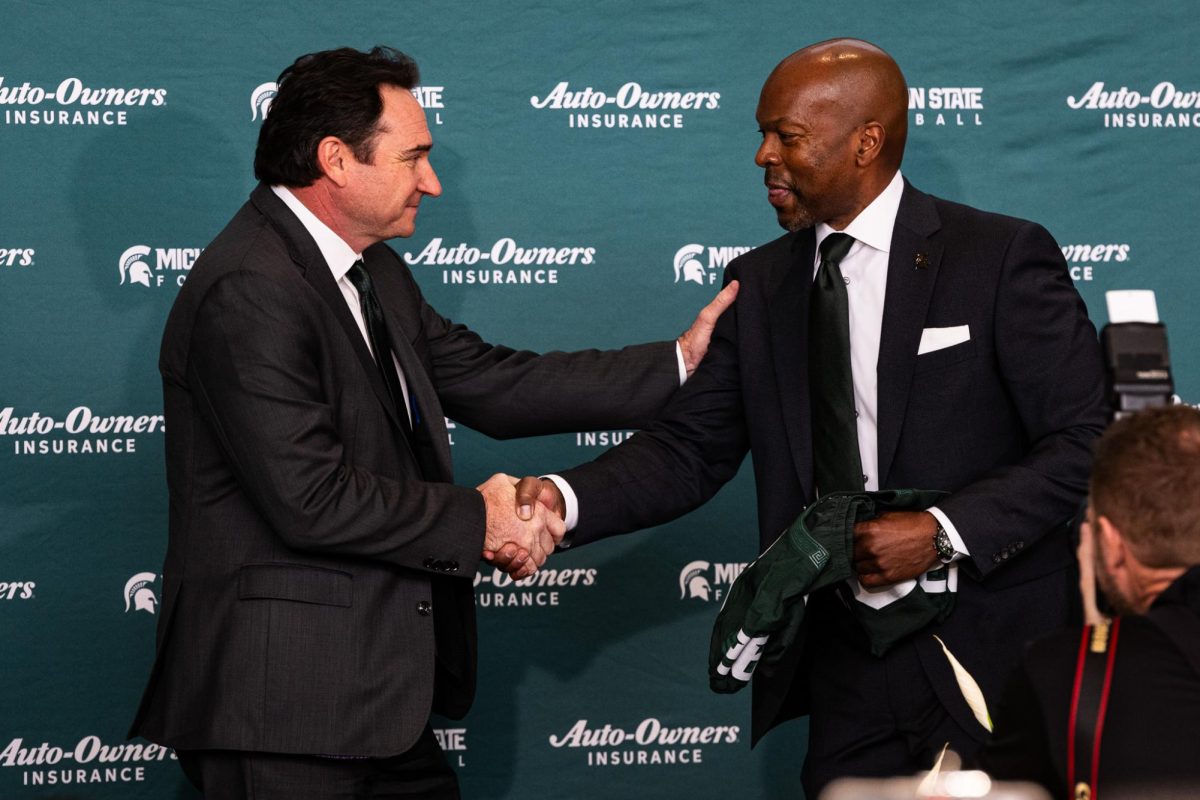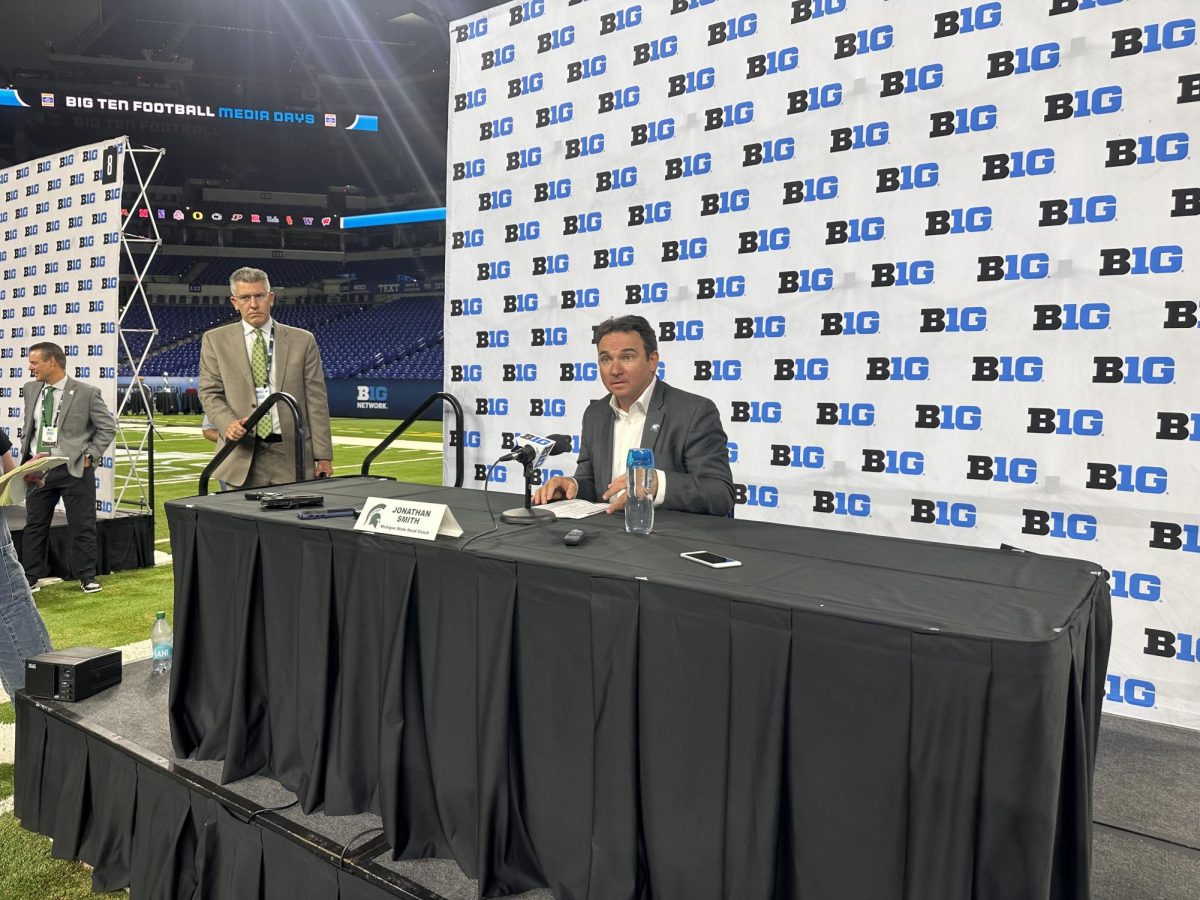The problem with modern-day NASCAR
February 25, 2019
Arguably no other mainstream American sport has experienced such a lag in viewership over the last several years than NASCAR. The series that once rivaled the NFL for Sunday afternoon television ratings is now slowly but surely being moved to the backburner of the sports pantheon.
Stage racing, new measures for the chase and a new aero package have been introduced this year to try and bring back some of the lost viewers. For me, this is putting a band aid on a much larger problem.
The chase is not a new invention, but it seems like every year some new ridiculous proposition is added to try and make the championship more viewer-friendly.
NASCAR has gone so far to the left that now you can make a valid argument that the drivers who are making NASCAR’s version of the playoffs have no business competing with the big boys. With the new ‘’win and your in’’ mentality, one win can virtually lock you into one of the 16 slots. Not only that, but you can run poorly in 80 percent of the chase races, but as long as you can win one race, you have a very good chance of being one of the final four drivers at Homestead Miami.
My problem with this format is the fact that consistency no longer means anything in today’s NASCAR world. Any reasonable racing fan can tell you that it is much harder to race on superspeedways and short tracks, as well as ovals and road courses alike and succeed on a week-to-week basis, than it is to win a singular race.
Any driver can play the fuel mileage or weather strategy and get a lucky win. Tell me how Chris Buescher, who played his cards right and won a rain-shortened race at Pocono, deserves to make the playoffs with an average finish of 26th? Buescher finished that 2016 season with grand total of two top-ten finishes. Two. That is playoff worthy?
How can Austin Dillon, who gambled on fuel to win the 2017 Coca Cola 600, deserved to make the playoffs with an average finish of 18th? You have mediocre to poor drivers who are now catching one lucky break, and as such, this bails them out for weeks of running 20th and being the epitome of mediocrity.
Not only is this system broken, but stage racing for me also needs to be abolished. Look at every other major sport. What sport rewards you for doing well in the first half of a game? You do not get credited for being up by 10 at halftime or being up by four runs in the sixth inning.
Why does NASCAR want to march to the beat of its own drum and continue to reward mediocrity? It annoys me that there have been several instances of drivers winning the first two stages of a race and than proceeding to crash and finish 35th. Then by virtue of the two stage wins, that driver actually ends up having decent points day, despite the end result being poor.
This is the problem with NASCAR. In pursuit of trying to prevent the championship race being over by Halloween, they have devalued the meaning of being a champion. I would be willing to bet that Dale Sr., Alan Kulwicki and Davey Allison are rolling in their graves watching this once proud sport being turned into the laughingstock of every other major sport.
I understand the concept of trying to appeal to fans and keep them engaged, but it is important to remember that NASCAR ratings were booming in the late 1980’s and the early 1990’s with Hall of Fame drivers Rusty Wallace, Jeff Gordon, Darrell Waltrip, Richard Petty and others battling it out with each other.
Is it a coincidence that the chase did not exist at this time and each race truly counted the same for determining a true champion? I don’t think so. If NASCAR truly wants to attract the viewership that it has lost from former key fans, it needs to return to what made it so appealing.
At the end of each season 20 years ago, you knew that the best driver had won the title. Today? Not so much. NASCAR needs to stop devaluing a championship and stop rewarding mediocrity if it ever wants to be once again competing with the NFL for ratings. If it wants to continue drifting away from the initial core identity that made it so popular with blue collar fans, it will be eventually rendered obsolete before our very eyes.






























